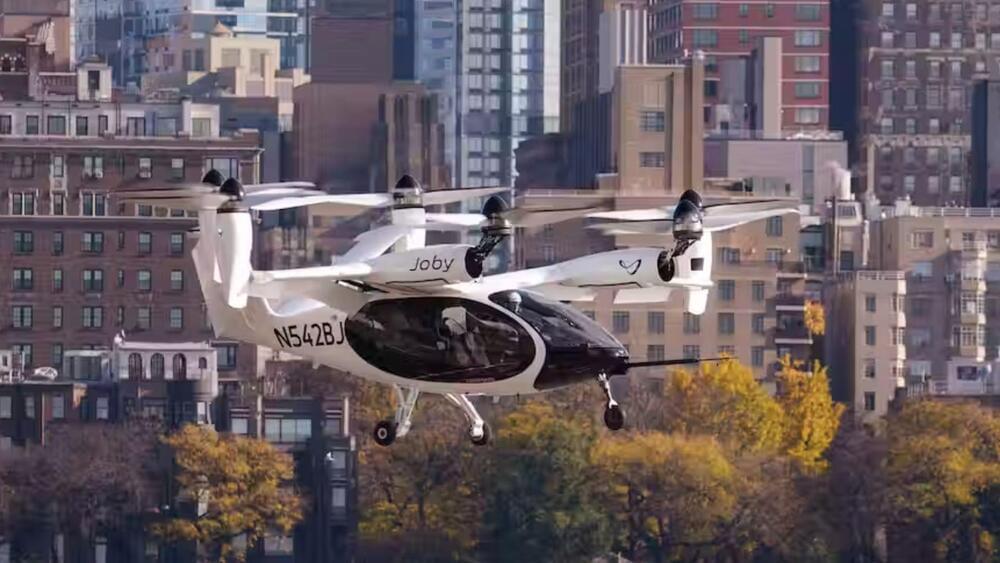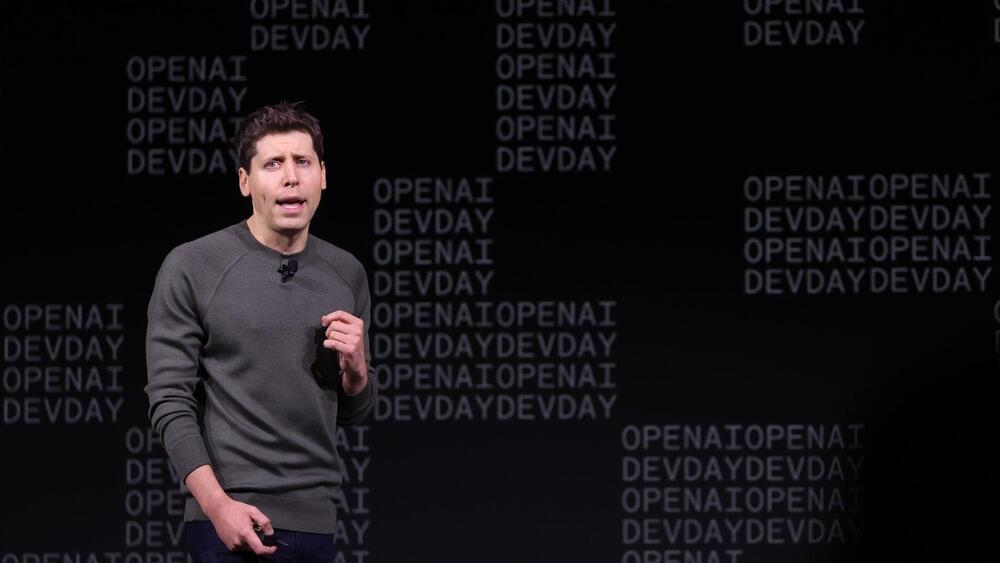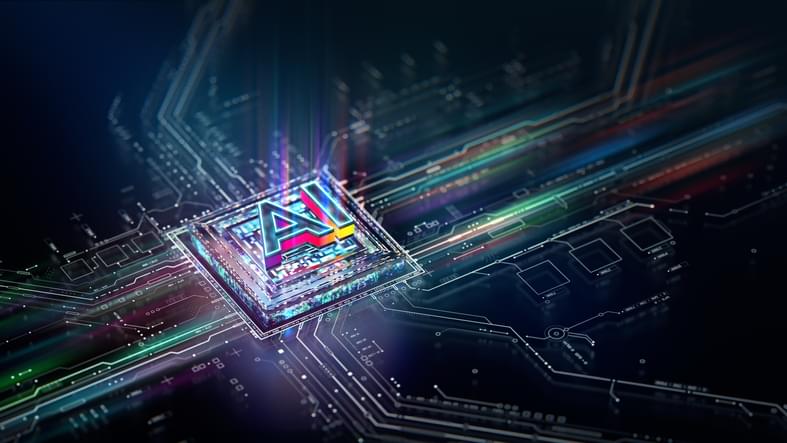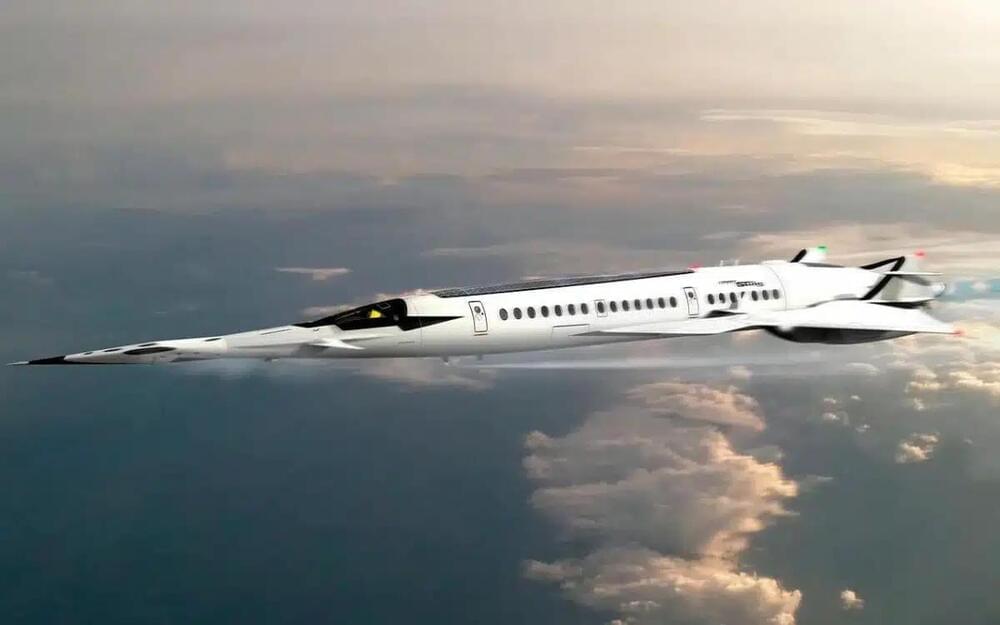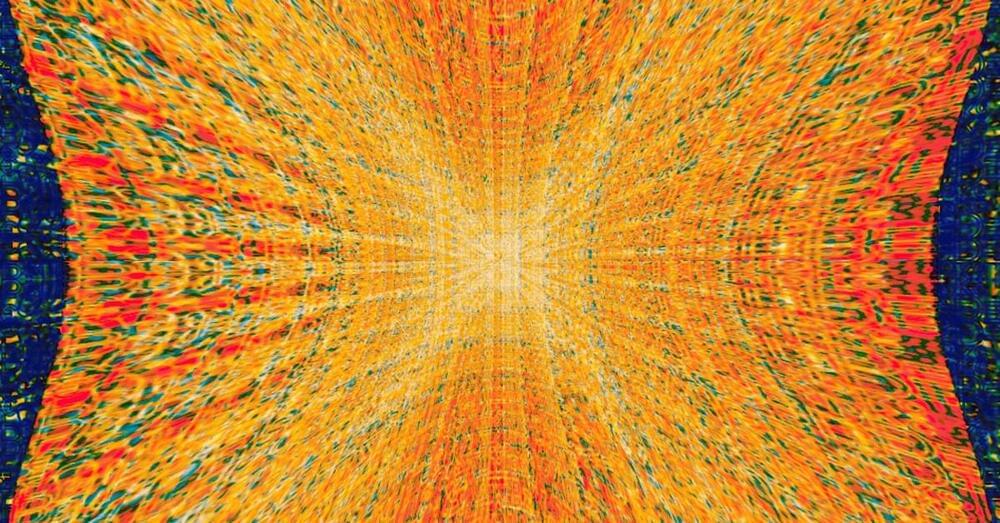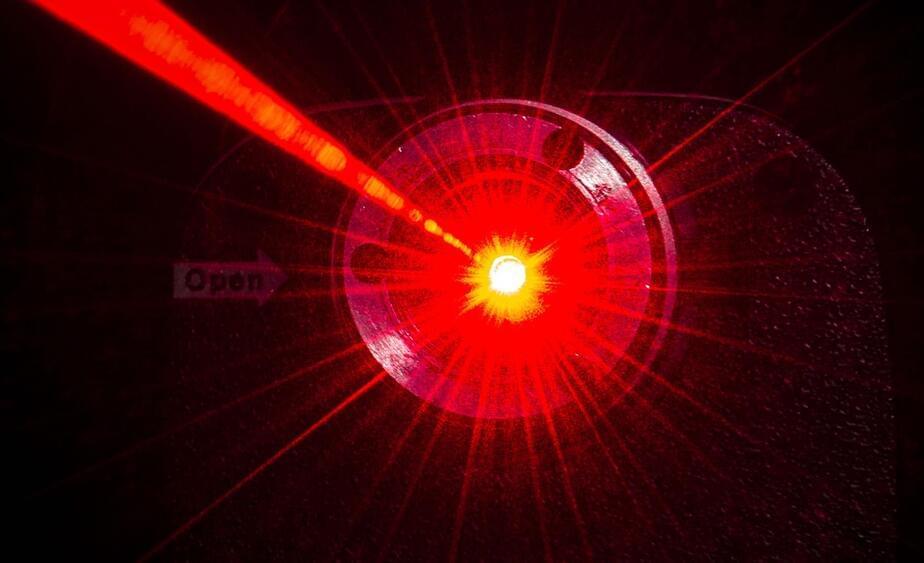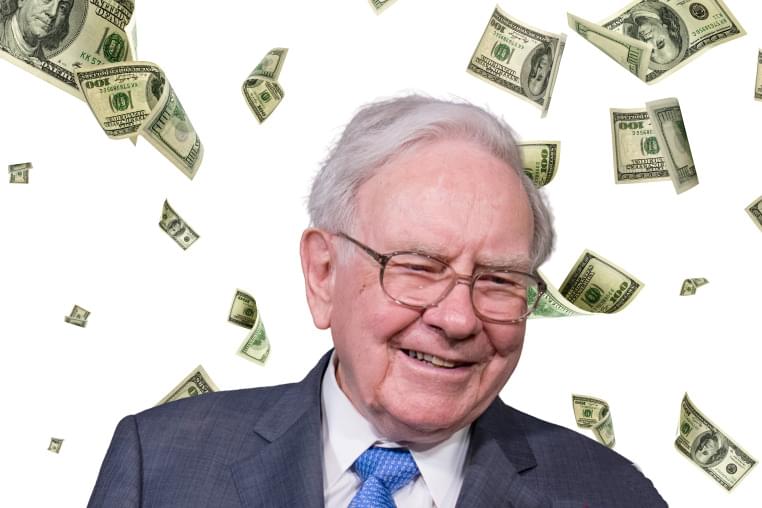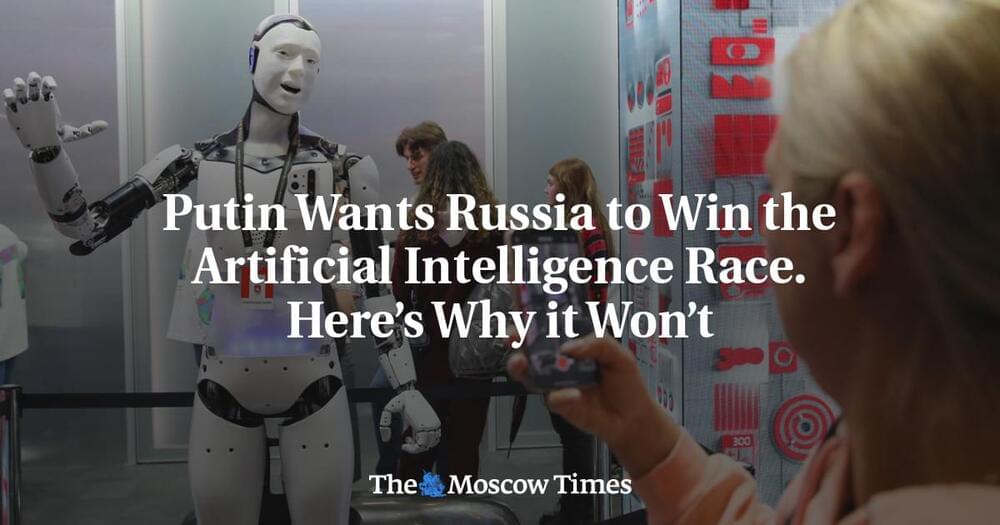A Zaha Hadid-designed property in Hong Kong will have AI-powered lifts that generate their own energy.
An urban oasis with next-gen elevators
The new structure replaces an old car park to create an urban oasis filled with gardens boasting many plants and trees. Getting to these gardens requires taking Henderson’s next-generation AI-powered lifts.
An official from Henderson properties told Baba that in the future there will be an AI-powered lift assigned to each user so they no longer have to wait for long periods on the ground or on a specific floor. The AI system will be able to appropriately coordinate the lifts to travel according to the number of people waiting for them and their final destinations.

